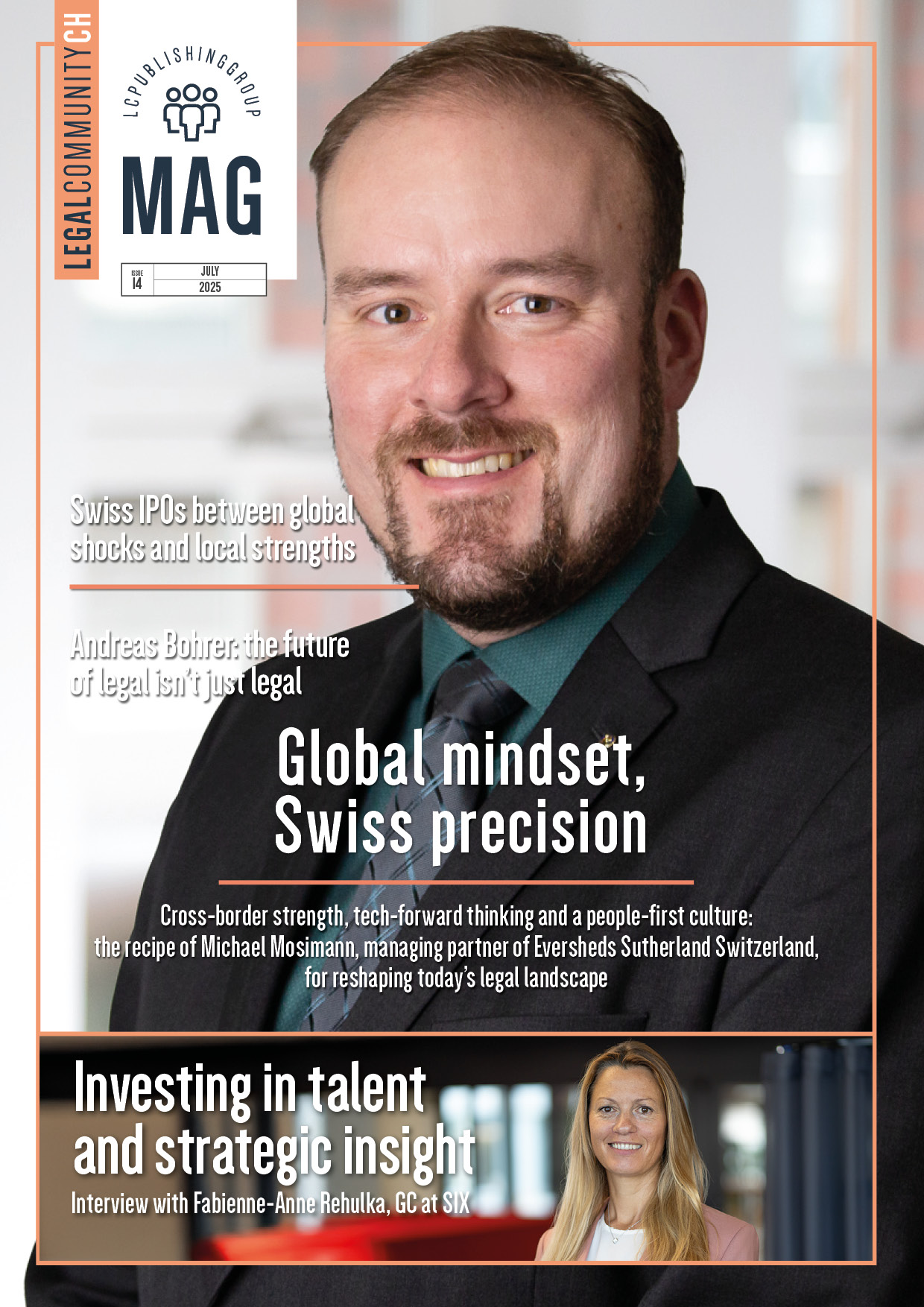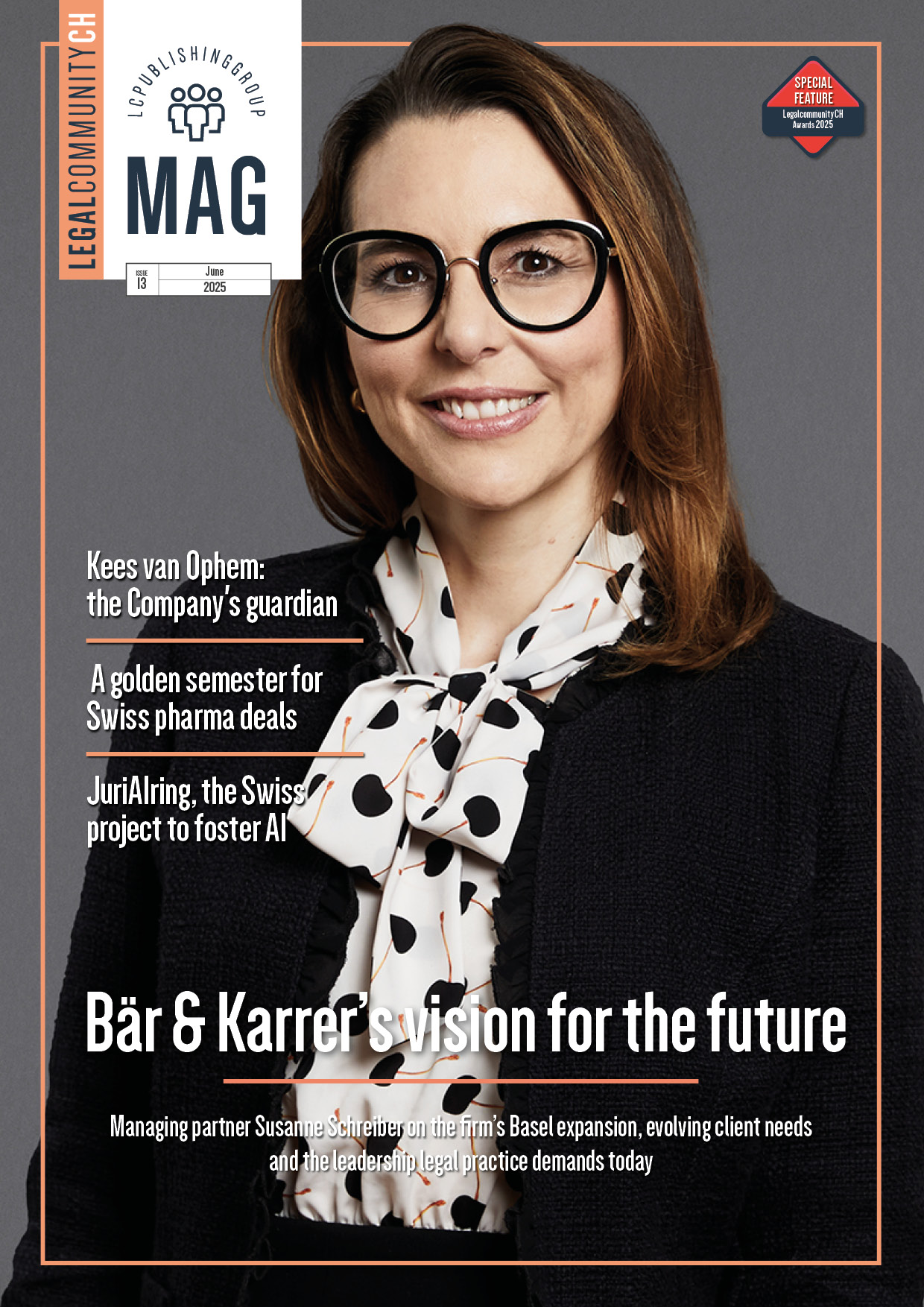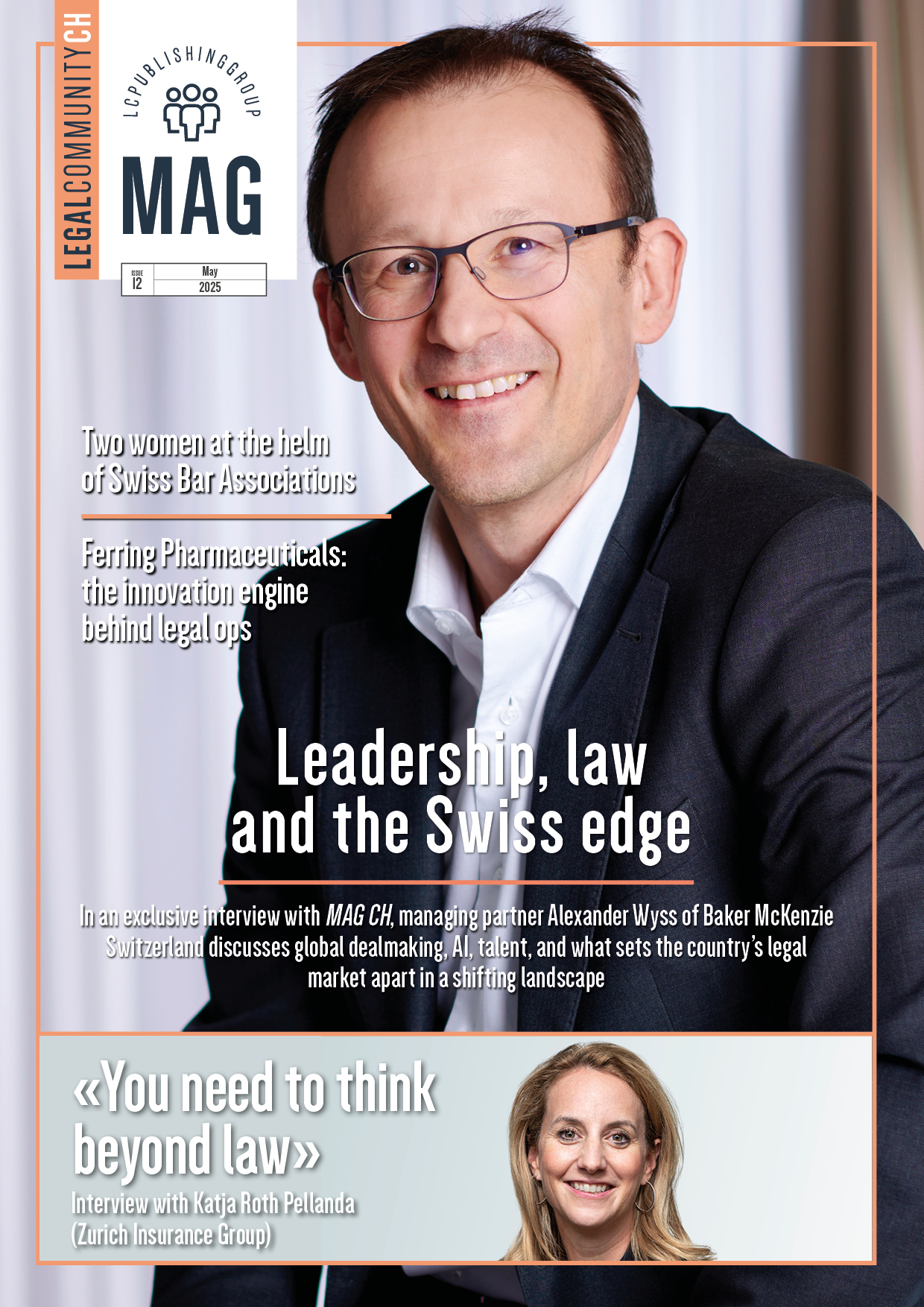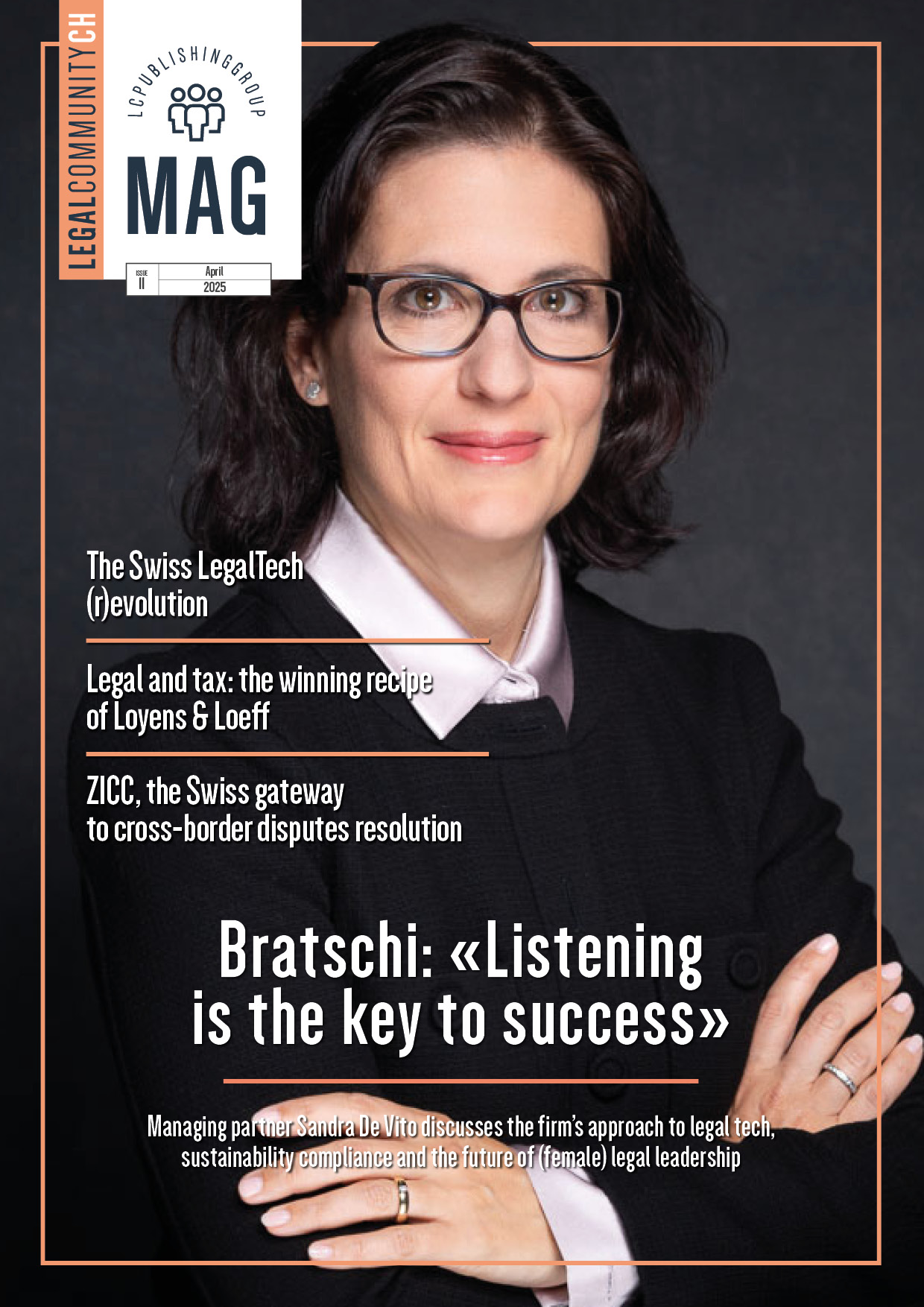Diversity? Dentons’ successful recipe
(Traduzione: Ilaria Iaquinta, articolo «Diversità? Ricetta di successo dei dentoni» pubblicato su MAG 82 )
La diversità è nel DNA di Denton. Non potrebbe essere diversamente per uno studio legale che opera in 150 sedi in oltre 60 paesi in tutto il mondo e senza una singola sede. «Siamo tutti diversi in ogni ufficio e non esiste una cultura nazionale dominante», afferma Sara Biglieri , partner e capo della pratica per le controversie e l’arbitrato in Italia. Ecco perché lo studio legale si impegna a abbattere le barriere e garantire pari opportunità a tutti. E per farlo, ha definito un programma fondamentalmente basato sull’ascolto e sul dibattito.
In breve, Dentons ha adottato un approccio dall’alto verso il basso e dal basso verso l’alto. Dall’alto, una struttura di governance formale composta da comitati globali e regionali (Europa) sulla diversità e l’inclusione ha stabilito le priorità e gettato le basi per l’azione. Dal basso, gli ambasciatori della diversità locale – due o tre in ciascun paese – raccolgono i problemi locali urgenti dai loro colleghi e li portano all’attenzione dei membri dei Comitati.
Il comitato europeo è composto da sei membri: 3 partner (Sara Biglieri dall’Italia, Selim Keli dalla Turchia; Igor Ostrowski dal Polland), Pr e responsabile della comunicazione per l’Europa Amanda Lowe che ha sede a Praga, la direttrice europea dell’innovazione Marie Bernard di Berlino e Atanas Politov , direttore europeo del pro bono e della diversità. Il Comitato si riunisce periodicamente per stabilire le linee guida e scegliere i progetti da seguire. Tiene almeno una riunione al trimestre, ma spesso, a causa di alcune iniziative, la frequenza aumenta. «C’è un forte impegno ai massimi livelli. Questo dimostra davvero quanto sia importante la diversità per noi. È una priorità assoluta », spiega Sara Biglieri.
Di recente l’azienda ha assunto anche un campione della diversità: Evan Wolfson (nella foto), fondatore e presidente di Freedom to Marry, la campagna pioneristica che ha guidato la strategia di successo che ha permesso alle coppie dello stesso sesso il diritto di sposarsi in tutti gli Stati Uniti.
Perché gli studi legali dovrebbero prestare attenzione alla diversità?
Evan Wolfson (EW): molte ricerche e molti studi dimostrano che la diversità in un team offre davvero prestazioni migliori. Avere diversi talenti, prospettive, gradi di esperienza e background contribuisce davvero a un prodotto più forte.
Atanas Politov (AP): On the one hand, being the largest law firm in the world, we can influence the markets. On the other, we believe that a diverse environment is beneficial for our employees. Differences are important for us. We encourage people to be themselves. Also, increasingly our clients ask us about our diversity programs. It’s certainly mostly in US and multinational companies, but we already see it increasingly in Europe. For example, we have seen several tenders, where clients are asking for women partners and associates to be included in the teams as a mandatory condition.
Which are the projects and initiatives you are working on?
AP: We’re working on various initiatives. Some are local, other international. Last year we started a diversity and inclusion training for our HR people to ensure a bias-free recruitment. We have also introduced a diversity and inclusion training for our up and coming leaders, to ensure they are comfortable in building, managing and motivating diverse teams. We believe that the key is communication, openly talking about diversity and discussing different points of view. We have launched the Dentons Global LGBT+ Network, a firmwide group providing support and promoting cooperation between lesbian, gay, bisexual, trans, nonbinary, queer and questioning colleagues, as well as their allies.
And in Italy?
Sara Biglieri (SB): Generally speaking, we are implementing diversity policies in our offices. Among other things, we are also kicking off a mentorship program for our associates, also on an international level. I personally believe that of course you need to set the rules, but mentoring is extremely important, we must guide our young colleagues and show them that growth is possible for everyone, despite the difficulties everybody faces in balancing private and professional life.
EW: The discussion has now moved beyond just hiring to how we mentor, how we make sure that that everybody gets the same opportunities and support that allows them to grow and really contribute with their talents to the firm’s growth and good legal service.
Often in Italy talking about diversity refers to the gender gap…
SB: If you look at almost any profession the further up you go the less women there are. The legal profession is no exception to this. So we have a lot of work ahead of us. It is important to work in an environment where people take care of you and can help you to grow.
What are the challenges ahead?
SB: In the legal profession, there are many talented women who join law firms with enthusiasm, but still too few who become partners. Our target is to help them to reach their professional objectives and have the same opportunities as men.
EW: One of the challenges will be retaining talent, making sure everyone has the needed opportunities for training and growth and not just at Dentons, but in the profession in general. In my experience, a real commitment to diversity is not just manifested in numbers, it is about opportunities. It not only helps the people directly affected but all of us, as a way to create a stronger team, a stronger firm, a stronger community.
AP: The biggest challenge in our globalized world is to balance different laws, cultures and backgrounds, while being respectful to each other. It’s a big challenge for the whole world, not just for the legal community. We must learn to find common values.
In the end firms are made by people and not by policies. How is it possible to overcome people’s unconscious bias?
SB: È difficile cambiare le idee delle persone, ma dobbiamo davvero investire nella nuova generazione. Sono sicuro che grazie all’impegno raggiungeranno un risultato molto migliore.
EW: Non inizio con scetticismo o cinismo; Non penso che dovremmo cancellare la capacità delle persone di cambiare o dare il permesso per l’inazione. Dobbiamo essere positivi e avvicinare le persone con l’aspettativa che aumentino.
AP: E penso che la comunicazione sia molto importante. È importante continuare a sollevare il problema. Abbiamo ancora molta strada da fare, ma siamo determinati a continuare a comunicare e anche ad ascoltare.
















